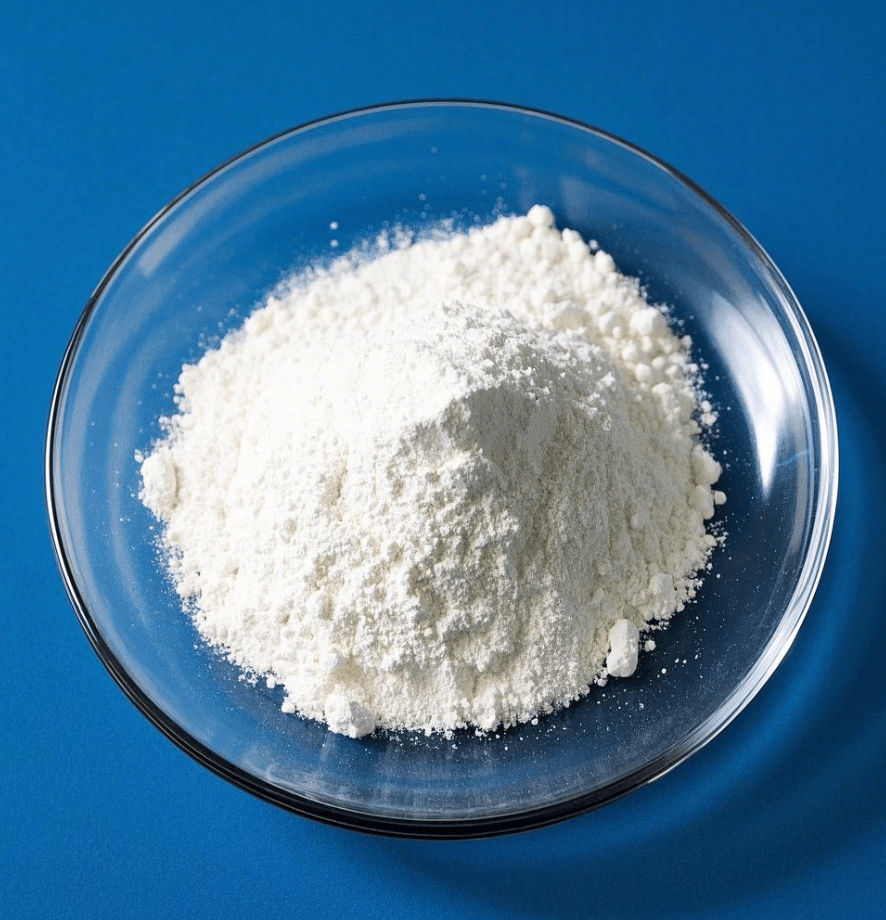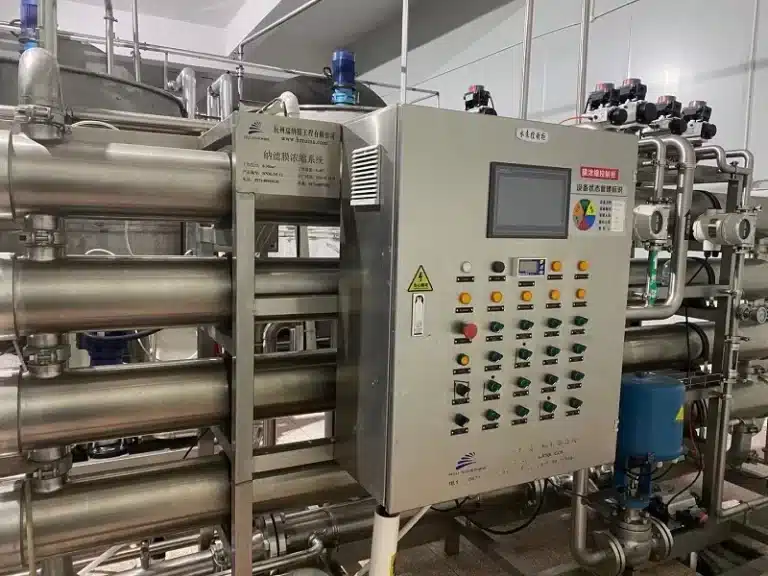
Calcium Chelate Supplement
Looking for the best chelated calcium powder for your supplements? Gensei provides premium chelated calcium powder specifically suited for calcium chelate supplement production. Our chelated calcium powder is known for its enhanced absorption, making it more effective for supporting bone density and overall calcium intake. As a dedicated supplier, we ensure our chelated calcium powder meets stringent quality standards. By partnering with Gensei, you gain access to a reliable source of high-quality chelated calcium powder to create the best chelated calcium supplements on the market.
Please note: We are a wholesale supplier and have minimum order quantities.
Have questions about this product? Our team is here to help. For inquiries about multiple ingredients, please use the Contact Us option and include the list of ingredients in your message.
Chelated Calcium CAS No.: Since “Chelated Calcium” is a broad term referring to various compounds where calcium is chelated (bound) with another molecule (like an amino acid or organic acid), there isn’t one single CAS number. Here is the information for a common form, Calcium Bisglycinate:
Calcium Bisglycinate CAS No.: 35947-03-6
Chemical Name: Bis(glycinato)calcium
Synonyms:
- Calcium Glycinate
- Calcium Diglycinate
CB Number: CB3445272
Molecular Formula: C₄H₈CaN₂O₄
Molecular Weight: 188.19 g/mol
MDL Number: MFCD00037700

Chelated Calcium Manufacturing Process Flowchart (Example: Calcium Bisglycinate)
Chelated calcium forms are produced by reacting a calcium source with a chelating agent, such as an amino acid like glycine.
(Calcium Source, e.g., Calcium Carbonate, Calcium Hydroxide)
(Chelating Agent, e.g., Glycine)
(The calcium source reacts with the chelating agent under controlled conditions to form the chelate)
(To remove any insoluble impurities)
(If the product is in solution)
(The chelated calcium compound is crystallized or precipitated from the solution)
(The chelated calcium crystals or precipitate are separated using filtration or centrifugation)
(To remove residual impurities)
(Drying to obtain the chelated calcium powder)
(To achieve desired particle size)
(Testing for calcium content, chelate formation, purity, heavy metals, etc.)
(The Chelated Calcium powder is packaged in suitable containers)
This flowchart provides a general overview of the manufacturing process for a common chelated calcium form like Calcium Bisglycinate. Specific steps and reagents may vary depending on the type of chelate.
Why Choose Gensei as Your Chelated Calcium Powder Supplier?
Choosing Gensei as your chelated calcium Powder supplier ensures you get a high-quality ingredient for your calcium chelate supplement. We specialize in providing premium Calcium Chelate with enhanced bioavailability. Our manufacturing processes are meticulously controlled to deliver pure and consistent chelated calcium Powder, making it ideal for formulations targeting bone health.
We understand the importance of absorption in calcium chelate supplement products. Our Calcium Chelate is produced to optimize this aspect. Gensei offers reliable supply and dedicated support, ensuring a smooth experience from order to delivery. Partner with us for the quality chelated calcium Powder your Calcium Chelate product deserves.
Features and Benefits
- Enhanced Absorption: Chelation can improve the bioavailability and absorption of calcium in the digestive system compared to some inorganic calcium salts.
- Stability: Chelates can help stabilize calcium and protect it from interacting with other compounds that might hinder absorption.
- Neutral Charge (often): Amino acid chelates, like bisglycinate, are often electrically neutral, which may facilitate passage through the intestinal wall.
Applications
- Dietary Supplements: As a source of calcium for individuals needing to supplement their calcium intake to support bone health, prevent osteoporosis, and maintain various physiological functions. It is often preferred in supplements due to its improved absorption profile.
Our State-of-the-Art Manufacturing Facilities
Explore our modern facilities equipped with advanced technology to ensure the highest quality in the production of your vitamins, herbal extracts, minerals, and amino acids.











FAQs
Chelated calcium is a form of calcium where the calcium mineral is bound to a chelating agent, such as an amino acid (like glycine) or an organic acid (like citrate or malate). This binding creates a chelate complex, which is designed to improve the absorption and bioavailability of the calcium.
The primary benefit of chelated calcium is its enhanced bioavailability and absorption compared to some non-chelated forms like calcium carbonate. This means the body may absorb more of the calcium from a chelated form, making it potentially more effective for supporting bone health.
Chelating agents can bind to various minerals, including iron. While calcium and iron can compete for absorption in the gut, some chelating agents used for calcium might also interact with iron, although the primary function of calcium chelates in supplements is to deliver calcium effectively.
Yes, EDTA (ethylenediaminetetraacetic acid) is a strong chelating agent and does chelate calcium. EDTA is used in some medical procedures to reduce calcium levels in the blood, but it is generally not used as a form of dietary calcium supplementation.
EDTA has multiple sites that can bind to a calcium ion, forming a cage-like structure around it. This strong binding effectively sequesters the calcium ion.
Chelated calcium is often considered "better" than some non-chelated forms (like calcium carbonate) in terms of absorption and bioavailability, particularly for individuals with lower stomach acid. However, forms like calcium citrate also have good absorption. The "best" form depends on individual needs and tolerance.
Chelated calcium means that the calcium atom is chemically bonded or "chelated" to another molecule, typically an amino acid or organic acid. This process forms a ring-like structure around the calcium ion.
Heparin is a common anticoagulant that does not chelate calcium. Other anticoagulants like citrate, EDTA, and oxalate work by chelating calcium, which is necessary for blood clotting.
Calcium amino chelate, a type of chelated calcium where calcium is bound to amino acids (like bisglycinate), is believed to offer enhanced absorption and be well-tolerated, potentially reducing digestive upset compared to some other calcium forms.
Calcium chelate is generally well-tolerated. Side effects are usually mild and similar to other calcium supplements, such as mild gastrointestinal issues like constipation, bloating, or gas, particularly at high doses.

